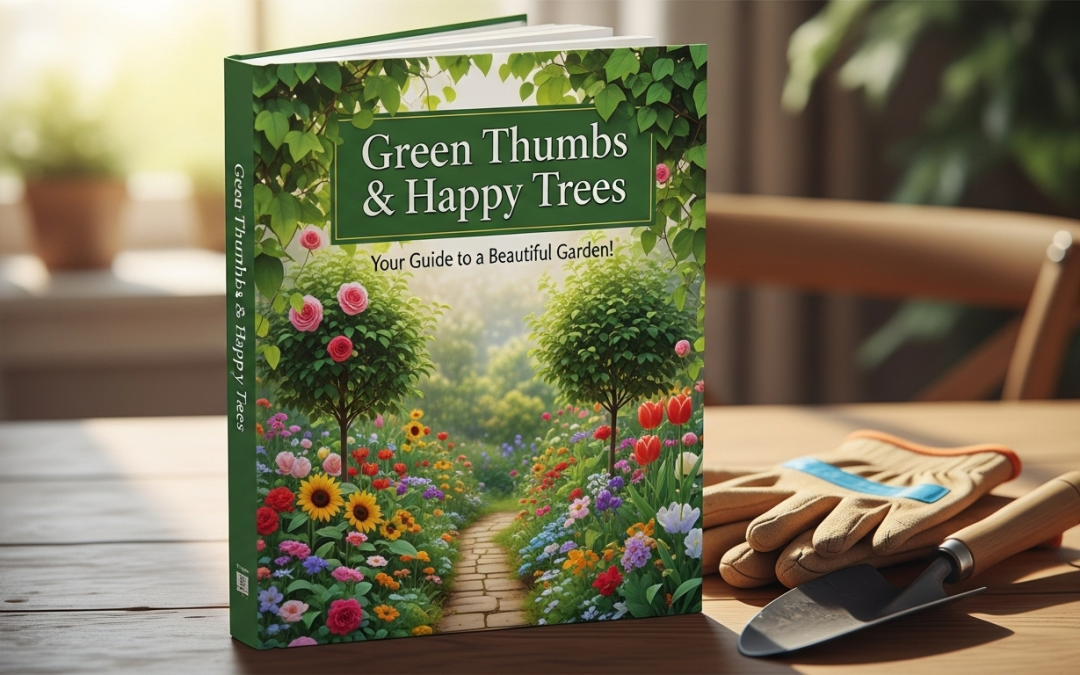Cultivating and sustaining a stunning garden is a fulfilling experience that links you to the natural world. Regardless of whether you are an experienced gardener or a novice, this guide offers crucial advice to ensure your green area thrives.
1. Know Your Soil
The cornerstone of a thriving garden is the soil. Prior to planting, it is essential to comprehend the type of soil you have (for instance, sandy, clay, or loamy) as well as its pH level. A straightforward home testing kit can be utilized for this purpose. Enhancing your soil with compost, manure, or other organic materials can greatly elevate its quality, supplying crucial nutrients for your plants.
2. The Right Plant, The Right Place
This principle is fundamental in gardening. Investigate the plants you intend to cultivate. Take into account aspects such as sunlight requirements, water necessities, and their full-grown dimensions. For instance, plants that favor sunlight, such as roses and lavender, ought to be situated in locations that get a minimum of six hours of direct sunlight, whereas shade-loving plants like hostas and ferns will prosper in more protected environments.
3. Watering Wisely
Adequate watering is essential. It is preferable to water thoroughly and less often rather than providing a light mist daily. Deep watering promotes downward root growth, enhancing plants’ resilience during dry periods. Watering should be done in the morning or early evening to reduce evaporation and avoid fungal infections.
4. The Art of Pruning & Tree Care
A lovely garden typically features robust trees. Consistent pruning is essential for preserving a tree’s form, vitality, and structural soundness. Eliminate dead, diseased, or damaged limbs to avert decay and enhance air flow. For larger trees, it may be wise to seek the advice of a qualified arborist, since incorrect cuts can adversely affect the tree.
5. Dealing with Pests and Weeds Naturally
Not every bug is detrimental! Understand how to recognize helpful insects such as ladybugs, which feed on harmful pests. When it comes to weeds, regular hand-pulling is frequently the most efficient approach. Additionally, applying mulch can help inhibit weed development, preserve soil moisture, and provide a tidy appearance to your garden beds.
Conclusion
A stunning garden is a dynamic work of art that changes with time and attention. By following these suggestions, you will be on the right path to nurturing a lively and flourishing outdoor area. Wishing you joy in your gardening endeavors!

